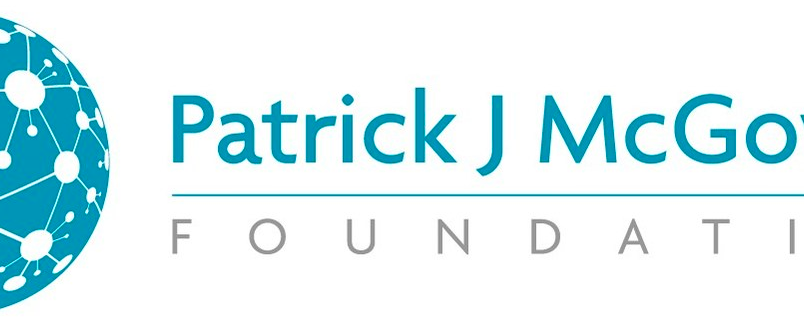
Data institutions have an important role to play in helping us tackle the challenges and issues of our time. In this article, Vilas Dhar, a scholar, entrepreneur and President of the Patrick J. McGovern Foundation, and Jack Hardinges, the Open Data Institute (ODI)’s Programme Lead for Data Institutions, explore the relationship between data institutions and philanthropic capital.
The effective collection, use and sharing of data is vital to generate the new insights and knowledge that drive progress in our economies and societies.
Data, however, is increasingly concentrated in the hands of a small number of companies, leading to both over and under-use. It’s over-used and shared, for example, in the case of the complex data flows of the AdTech industry. Yet under-used by many organisations in ways that could create public value and help to address the global challenges of poverty, climate change, and peace and justice.
There are also limited ways for individuals who generate much of this data to control, or even have a say in, how it is used and shared.
We see a clear need for approaches to stewarding data in ways that protect the rights and interests of individuals and communities, while still realising the benefits of data collection and use. Data institutions – organisations whose purpose involves stewarding data on behalf of others, often towards public, educational or charitable aims – balance these different needs and interests.
Data institutions are already emerging across different sectors, regions and contexts. In health, UK Biobank stewards genetic data and samples from around half a million people and supports their use for research. Or, in manufacturing, OpenApparelRegistry collates and makes available vital open data about the location and conditions of factories around the world. Elsewhere, data cooperatives, data unions and other institutions are being built explicitly to more evenly balance the amount of control that individuals and businesses have over data.
In this context, the urgent challenge we face is in supporting people, communities and organisations to create institutions to steward data responsibly, in ways that build trust, and to help them identify and put in place models to sustain their activities over the long-run.
In many ways, this nascent work reflects the philosophy of ‘building a plane while flying it’ – identifying approaches, testing them and measuring impact while simultaneously searching for funding and a sustainable future.
Challenges like this have classically been addressed by philanthropic actors, who contribute long-term and impact-focused capital to fund an emerging field of different models and help further the collective understanding of their strengths and limitations.
In this context, as the different models of data institutions emerge, philanthropy can act as a bridge by making catalytic capital available to develop the scale, expertise and credibility required to operate effectively.
A recently announced partnership between the ODI and the Patrick J. McGovern Foundation, a US-based philanthropic foundation committed to advancing AI and data for good, will advance the theory and practice of data institutions. It will support the ODI’s data institutions programme, which was established this year to help bring about new data institutions and improve the practices of existing ones through a range of different activities.
This partnership also represents a model for future engagement by philanthropic actors with this field. Partnerships like this reflect the frontier of philanthropic thinking, supporting key actors in expanding the scope of what’s possible.
To learn more about the partnership between the ODI and the Patrick J. McGovern Foundation, please visit our first blog post on the partnership.